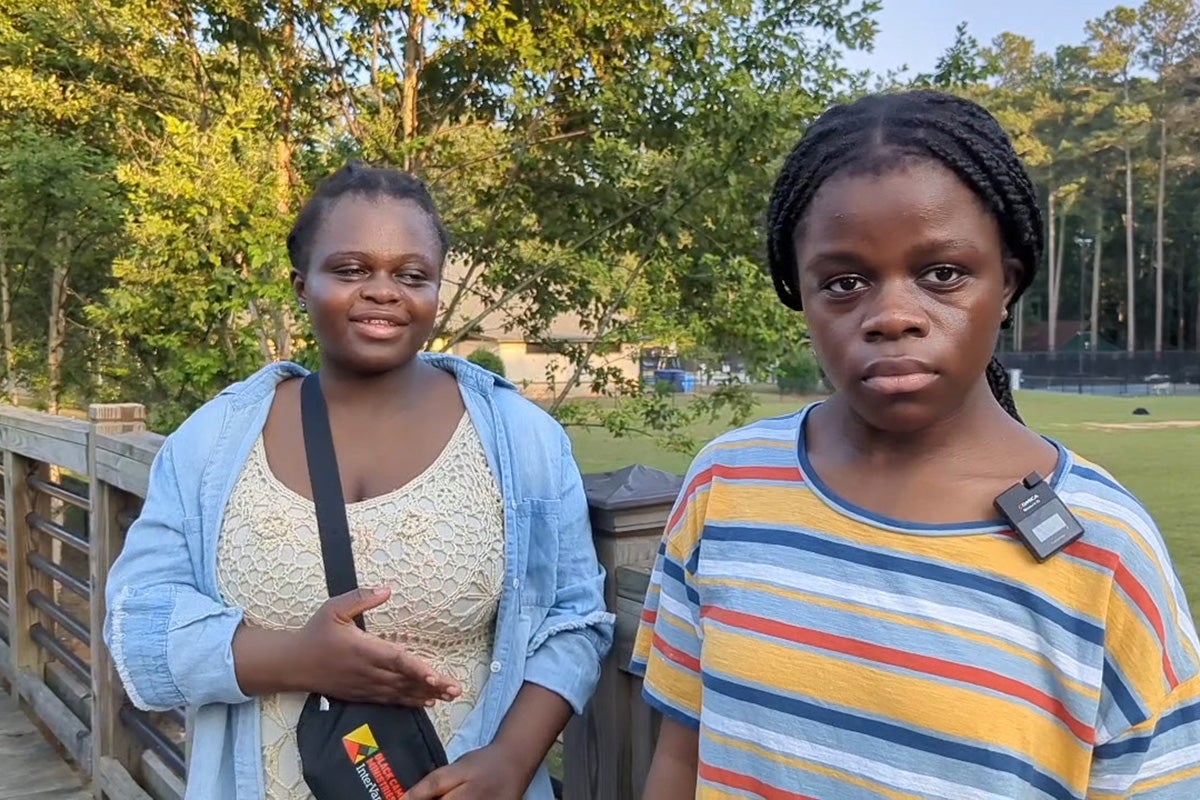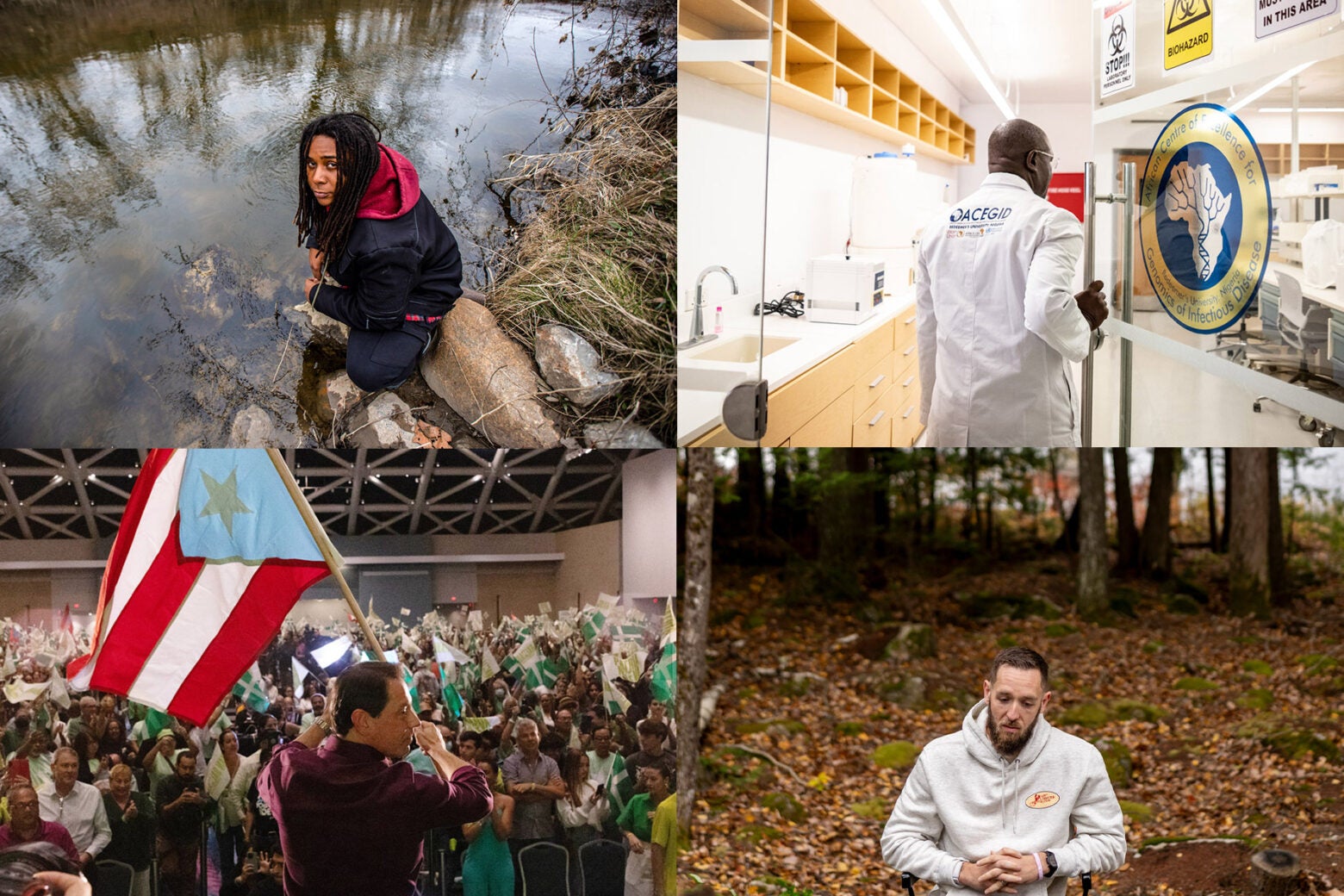
From the editor
Our top stories of 2024
In 2024, Harvard Public Health drew record numbers of visitors, many of them coming to read these stories that represent the best of our public health journalism.
Is alcohol good or bad for you? Yes.
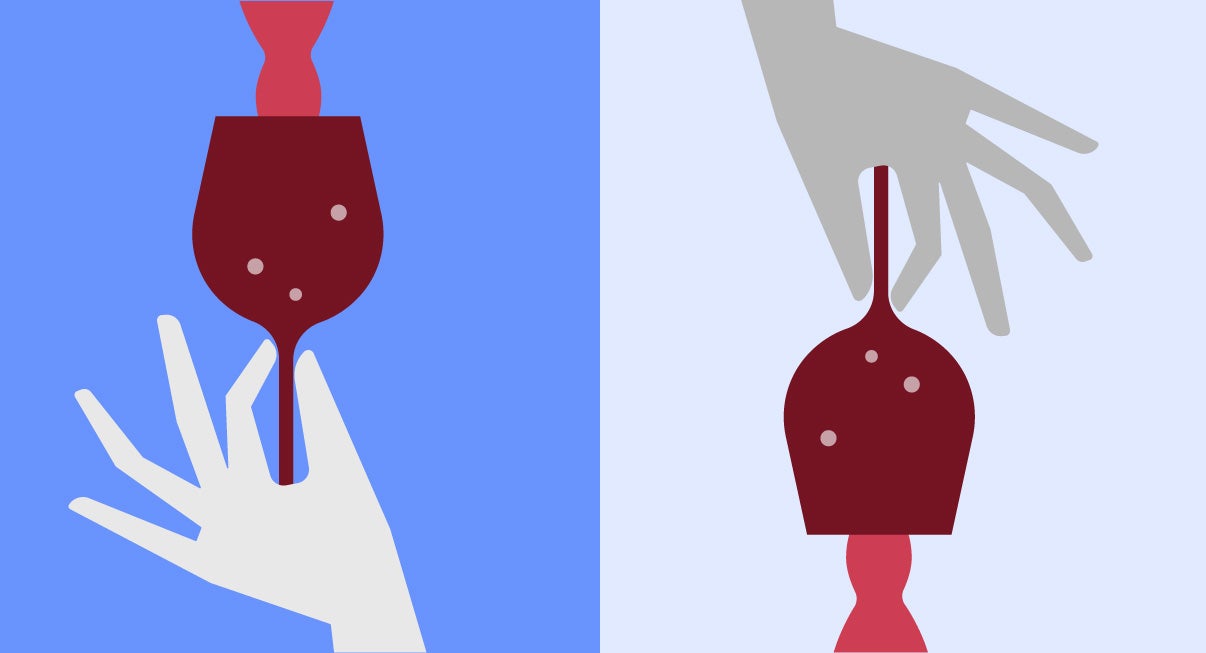
Source image: Mariia / Adobe Stock
Headlines on alcohol are everywhere these days—but they’re far from capturing the nuance of alcohol’s relationship to health. That’s why Eric B. Rimm and Kenneth Mukamal, two scientists who have been studying alcohol for a long time, wrote this op-ed on the need for more research about the effects of alcohol on human health.
Universal health care may drive the vote in Puerto Rico

Carlos Berrios Polanco
Puerto Rico once embraced socialized medicine. Then U.S. regulations and shifting leadership pushed the archipelago into private health care. Camille Padilla Dalmau wrote HPH’s all-time best-read story, about a political party alliance that made major strides in Puerto Rico’s election season based on a new single-payer proposal.
Researchers tried to fix a racist lung-test. It got complicated.
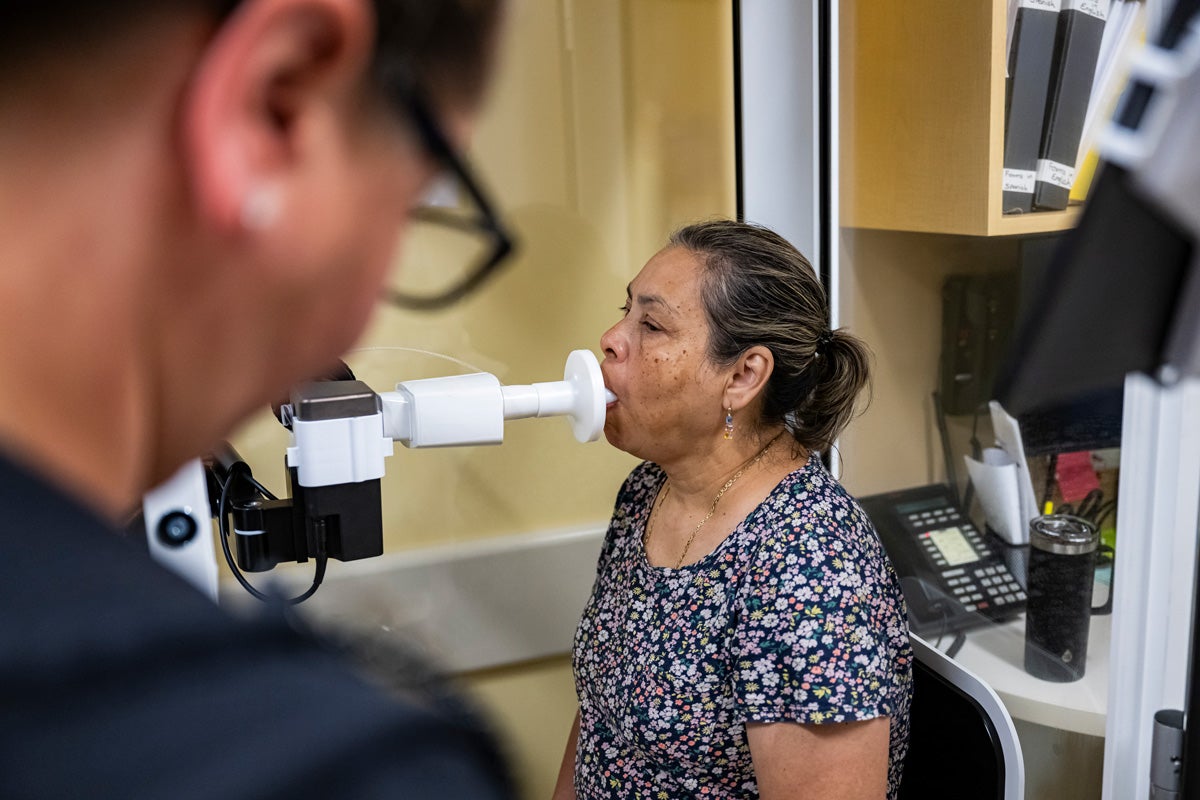
Ben Gebo
Until recently, the lung function test was “a startling example of how racial bias has literally been written into the machinery of 21st-century health care,” as Felice Freyer reports. Last year, in an effort to address that bias, the lung function test changed. But as Freyer discovered, the new test raises yet more questions—and sends a pointed reminder of racism’s systemic nature.
The children of Flint, 10 years later
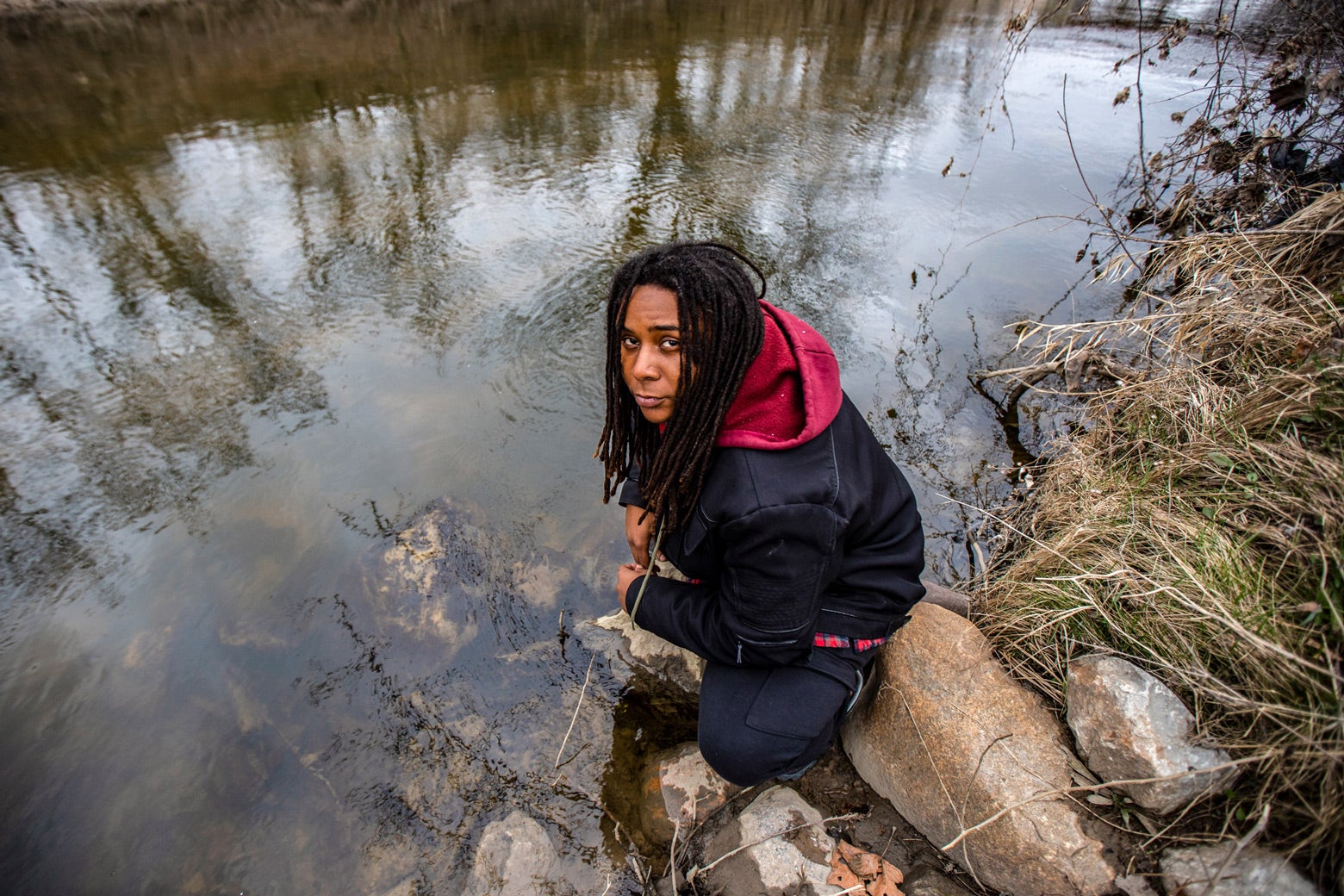
Kimberly Todd
In 2024, the city of Flint, Michigan marked a decade since its water crisis began. Reporter Shantal Riley looked at the aftermath for those who will live the longest with the consequences: the children whose growth and development was impacted by exposure to lead.
Public health’s spirituality disconnect

Sandstone PS / Adobe Stock
Public health has “divorced” itself from spirituality—to the detriment of the diverse populations the field serves, argue Katelyn Long, David H. Rosmarin, and Howard Koh in this op-ed. “The vast majority of people in the world … identify with a religious or spiritual tradition,” they note, and they believe that public health outcomes are better when those traditions are acknowledged.
Let’s reinvent the rape kit
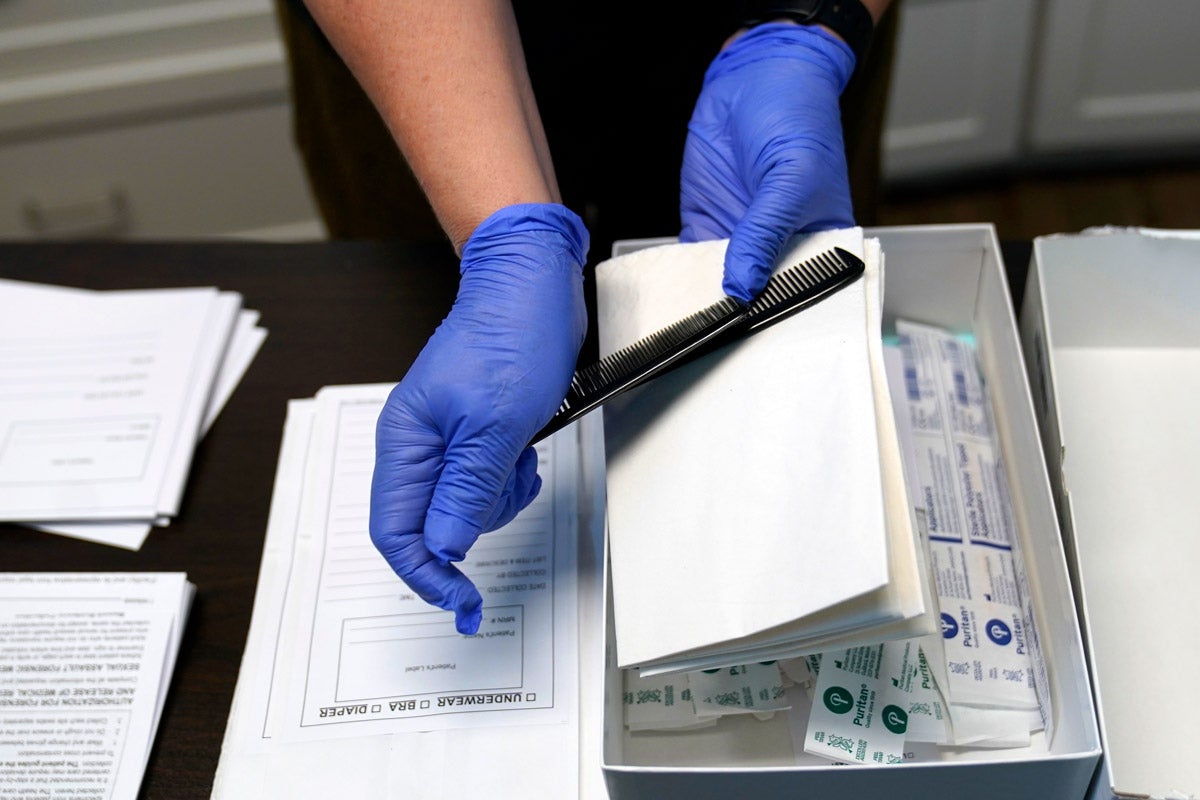
Eric Gay / AP Photo
While other forensic tools have leapt into the digital age, the rape kit—a ubiquitous but overlooked instrument—remains stuck in the 1970s. Pagan Kennedy, author of the forthcoming book The Secret History of the Rape Kit, argues that the tool needs a modern-day boost, especially if it’s going to address inequity.
How the U.S. election has an outsized effect on global reproductive health
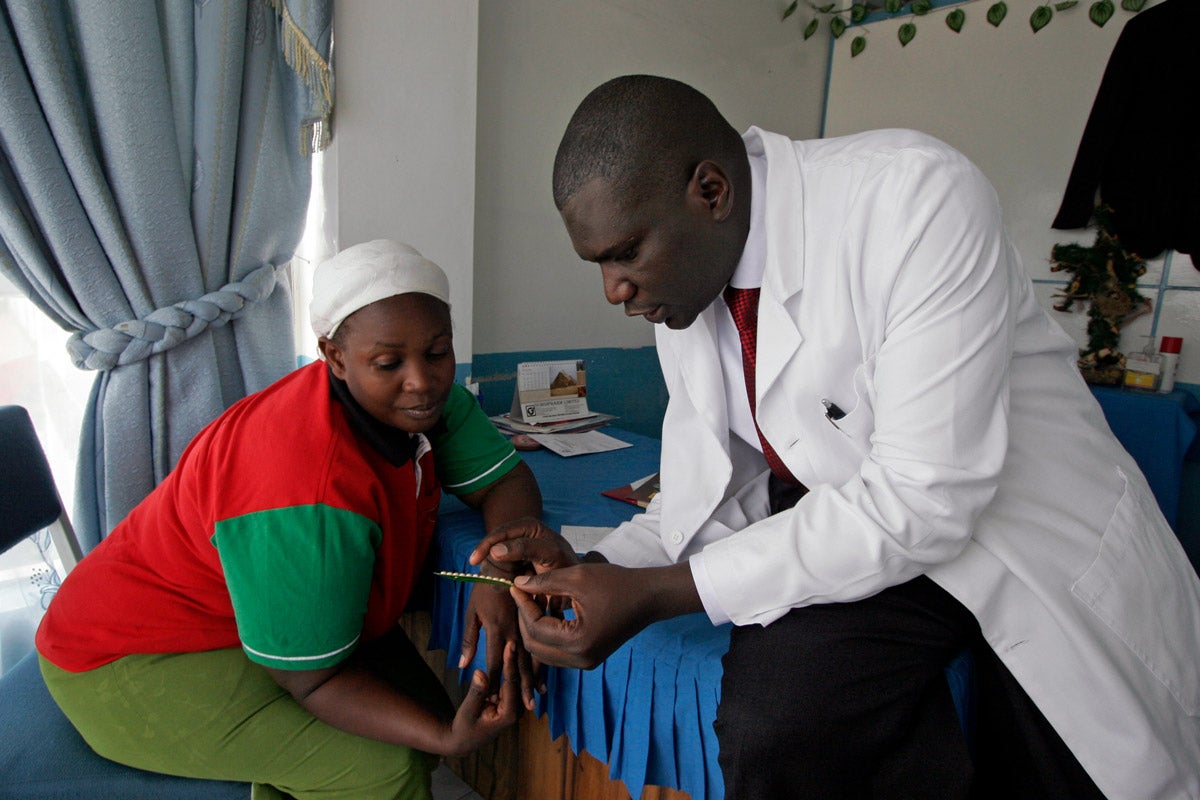
Khalil Senosi / AP Photo, File
“Every U.S. presidential election pits the American mood against other countries’ sovereignty—and the health of their women and girls,” Christine Mungai writes, reporting from Nairobi, Kenya. The reason? The “global gag rule” that interferes with sexual and reproductive health care around the world—a rule that comes and goes with Republican and Democratic presidents, and which will likely return yet again in January.
One man’s recovery is helping other families through the grief of overdose deaths
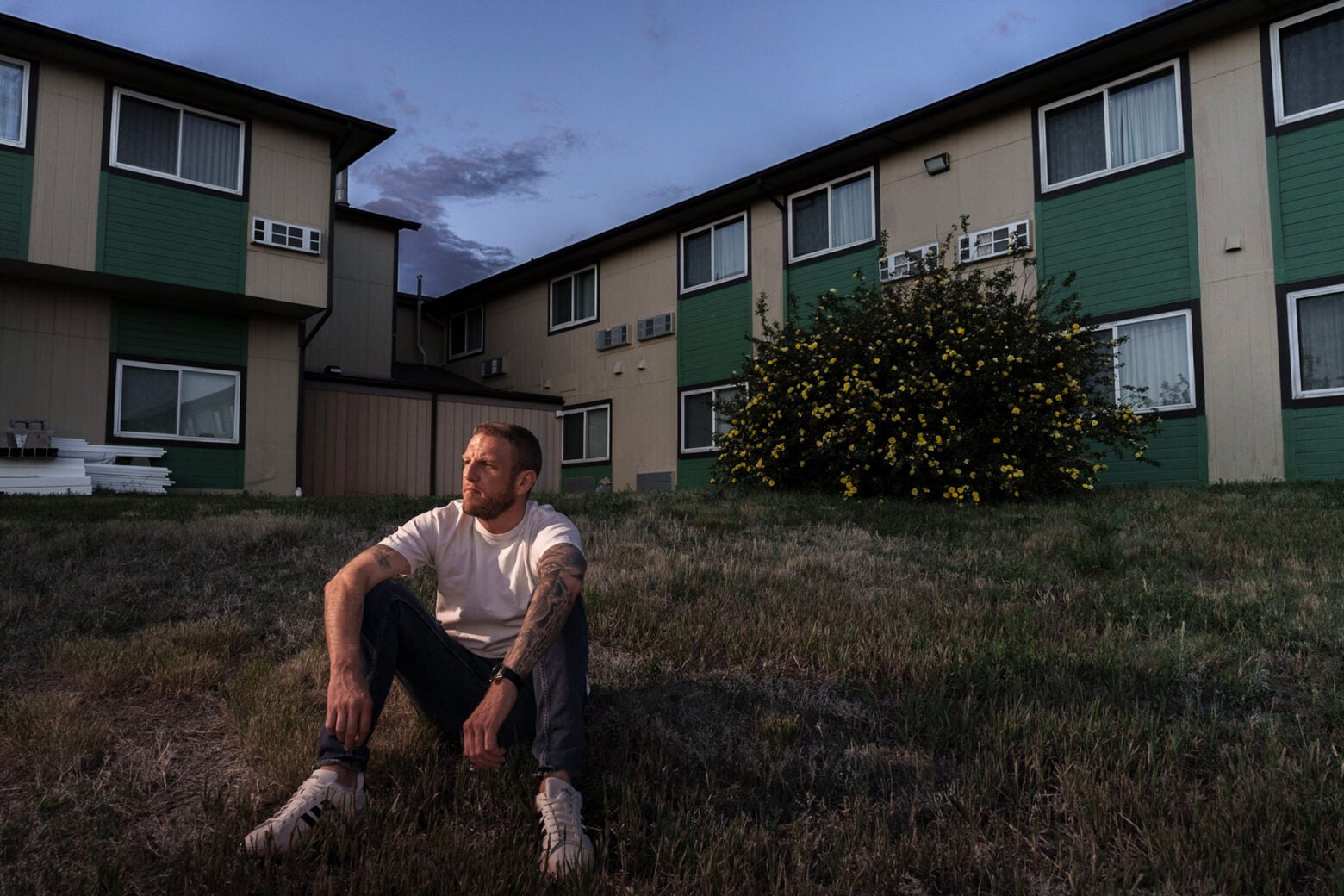
J. Lester Feder
When people lose loved ones to opioid overdoses, a complicated kind of grief follows, and the stigma surrounding substance use makes it difficult for many people to talk about their loss. Photographer and writer J. Lester Feder profiles Levi Wardell and his work in a beautiful photo essay about how Wardell—himself a recovering addict—has made it his mission to help families navigate the process of mourning their loved ones in his work as a funeral director in Cheyenne, Wyoming.
“People forget about the fathers”
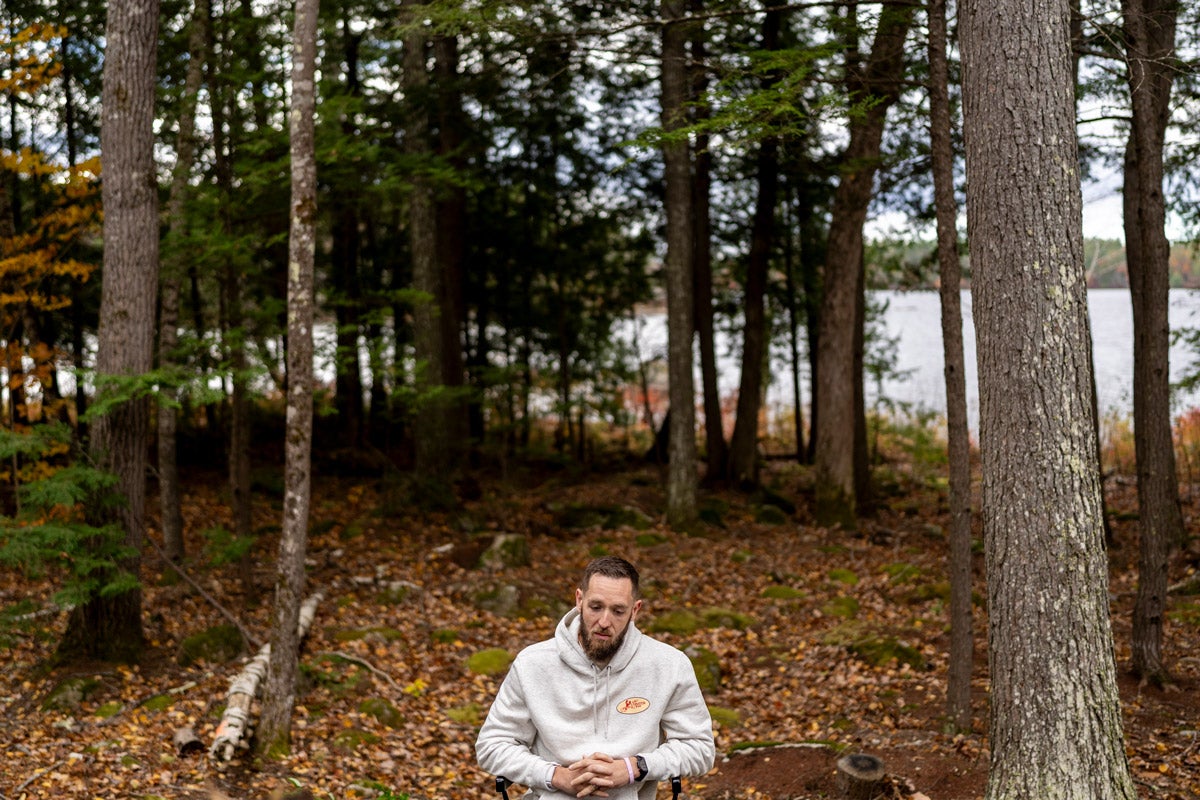
Christopher Capozziello
Losing a child is one of the most painful events an adult can endure, experts say. For fathers, that grief is compounded by social expectations to bury or mask their feelings. That’s why groups like the Sad Dads Club are so important: They give men a much-needed space to be vulnerable, allowing healing to begin. Reporter Alexandra Moe brings HPH readers into the intimate space of the Sad Dads Club and the support it offers.
The cutting edge of CRISPR is in Nigeria
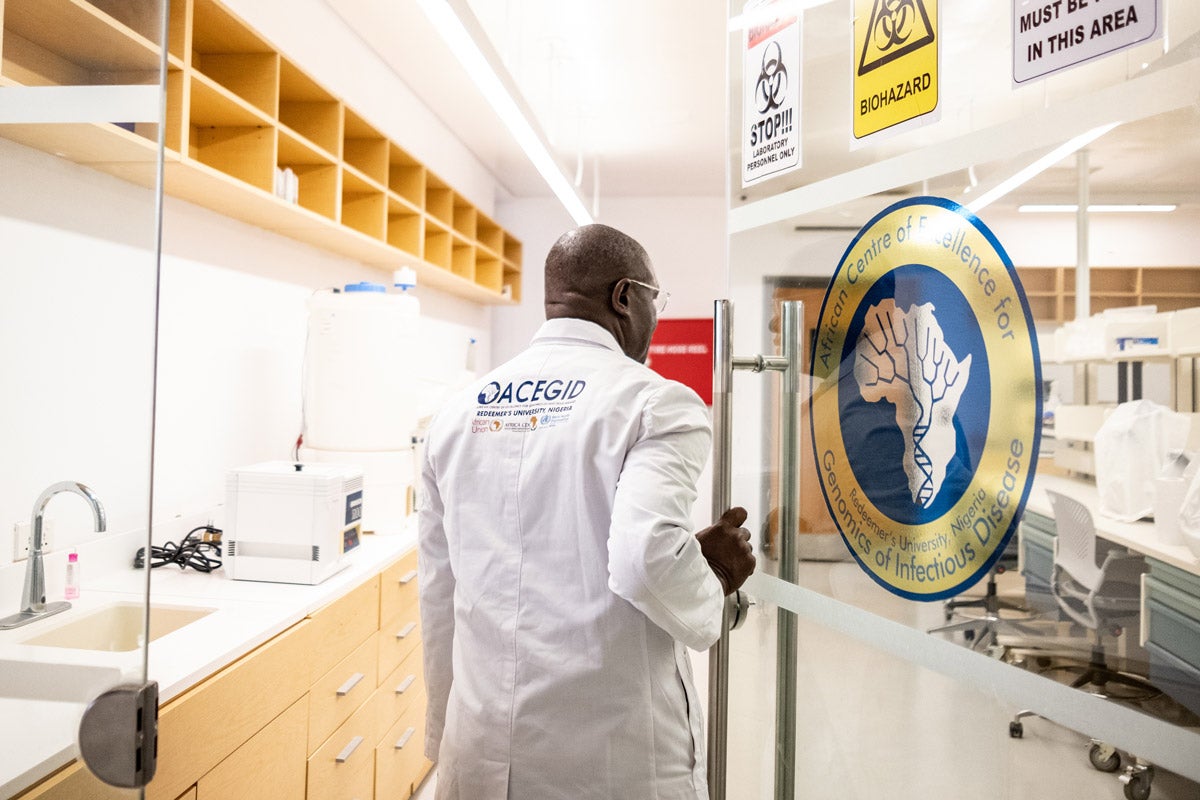
Tom Saater
Molecular biologist and genomicist Christian Happi diagnosed the first case of Ebola in Nigeria, in 2014. His quick work helped save his country from the epidemic spread seen elsewhere. Bill Donahue visited Happi’s lab to learn how he’s using the gene editing technology CRISPR to try to find diseases like Lassa fever, Ebola, and Mpox before they spread.
Families in states with transgender bans are finding hope across state lines
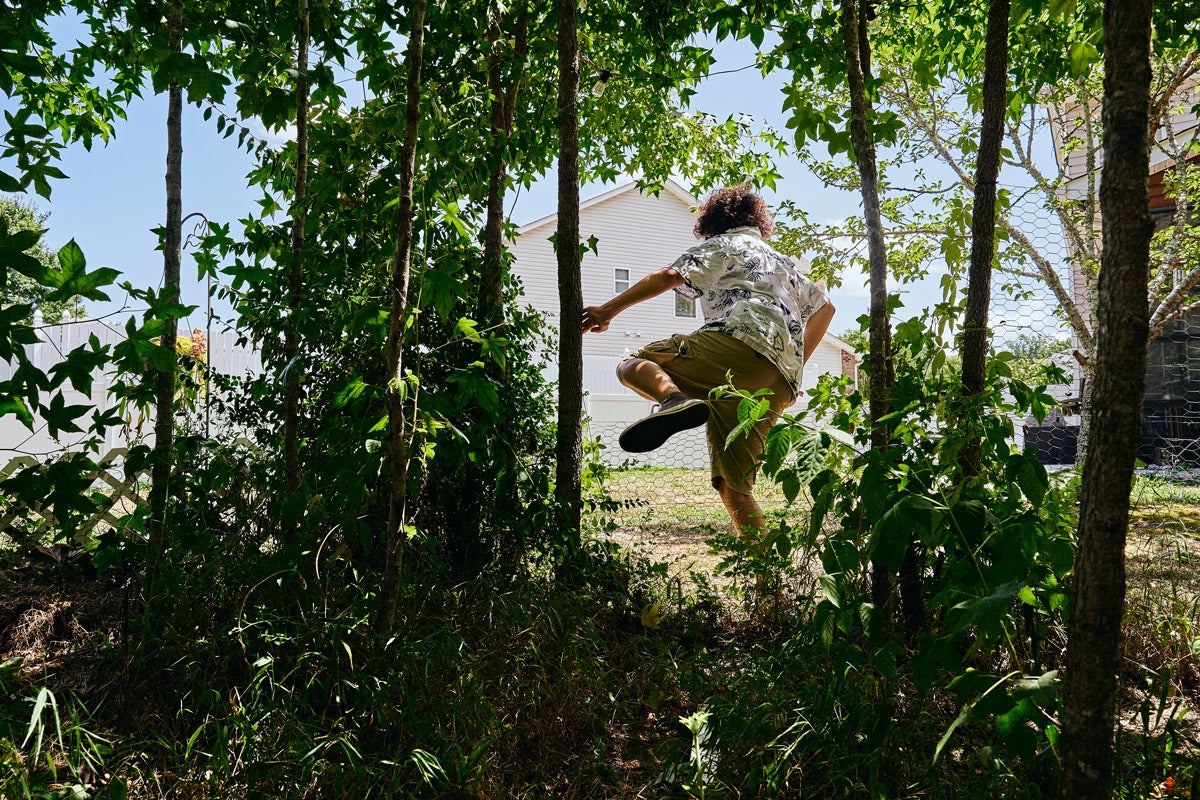
Matt Ramey
Leo is a teenage trans boy from North Carolina. After the state’s legislature passed House Bill 808, which bars physicians from prescribing hormonal therapies to minors seeking gender transition, he and his family weren’t sure how to continue his medical care. They relied on the help of a doctor who has made it her mission to keep trans kids connected to care. Barry Yeoman reports on the hard work physicians—and families—must do to navigate the perilous legal patchwork affecting trans kids.
Harvard Public Health was also proud to present two significant special projects in 2024:
Public Health in Action: Mental health innovations, a collaboration on effective mental health interventions with The Studio.
Out of Focus: Data and Public Health, a series of pieces on how to improve the use of public health data in the United States, funded by a reporting grant from the NIHCM Foundation.
For more of this year’s most inspiring writing about public health, check out our Top Public Health Books of 2024.
Top image, clockwise from top left: Kimberly Todd, Tom Saater, Christopher Capozziello, Carlos Berrios Polanco

